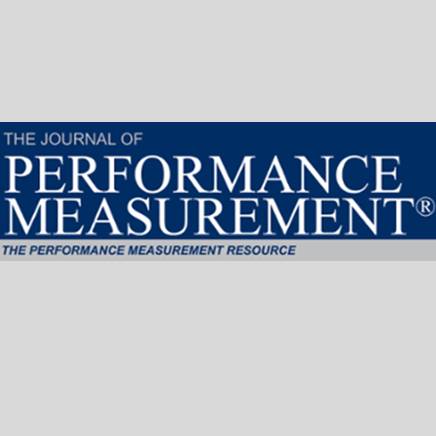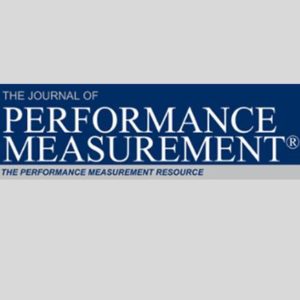Evolving Performance Attribution to Support Exploratory Excess Return Decomposition
$25
This paper looks to evolve arithmetic performance attribution from three ideas. First, the total weight associated with stock selection effect should exclude the asset allocation decision. Second, the assessment of an asset allocation decision should consider the actual returns connected to that decision. Third, excess return decomposition should exclude the impact of overlapping issue-level positions. From these ideas, this paper presents three modifications to the Brinson-Fachler model. These changes yield an attribution model that is more suitable for exploratory portfolio analysis. This evolved model is void of interaction effects, functionally symmetric with respect to data inputs, and designed to generate consistent attribution effects.
Mike Canty, CFA, Capital Group Companies
This paper looks to evolve arithmetic performance attribution from three ideas. First, the total weight associated with stock selection effect should exclude the asset allocation decision. Second, the assessment of an asset allocation decision should consider the actual returns connected to that decision. Third, excess return decomposition should exclude the impact of overlapping issue-level positions. From these ideas, this paper presents three modifications to the Brinson-Fachler model. These changes yield an attribution model that is more suitable for exploratory portfolio analysis. This evolved model is void of interaction effects, functionally symmetric with respect to data inputs, and designed to generate consistent attribution effects.
Mike Canty, CFA, Capital Group Companies



